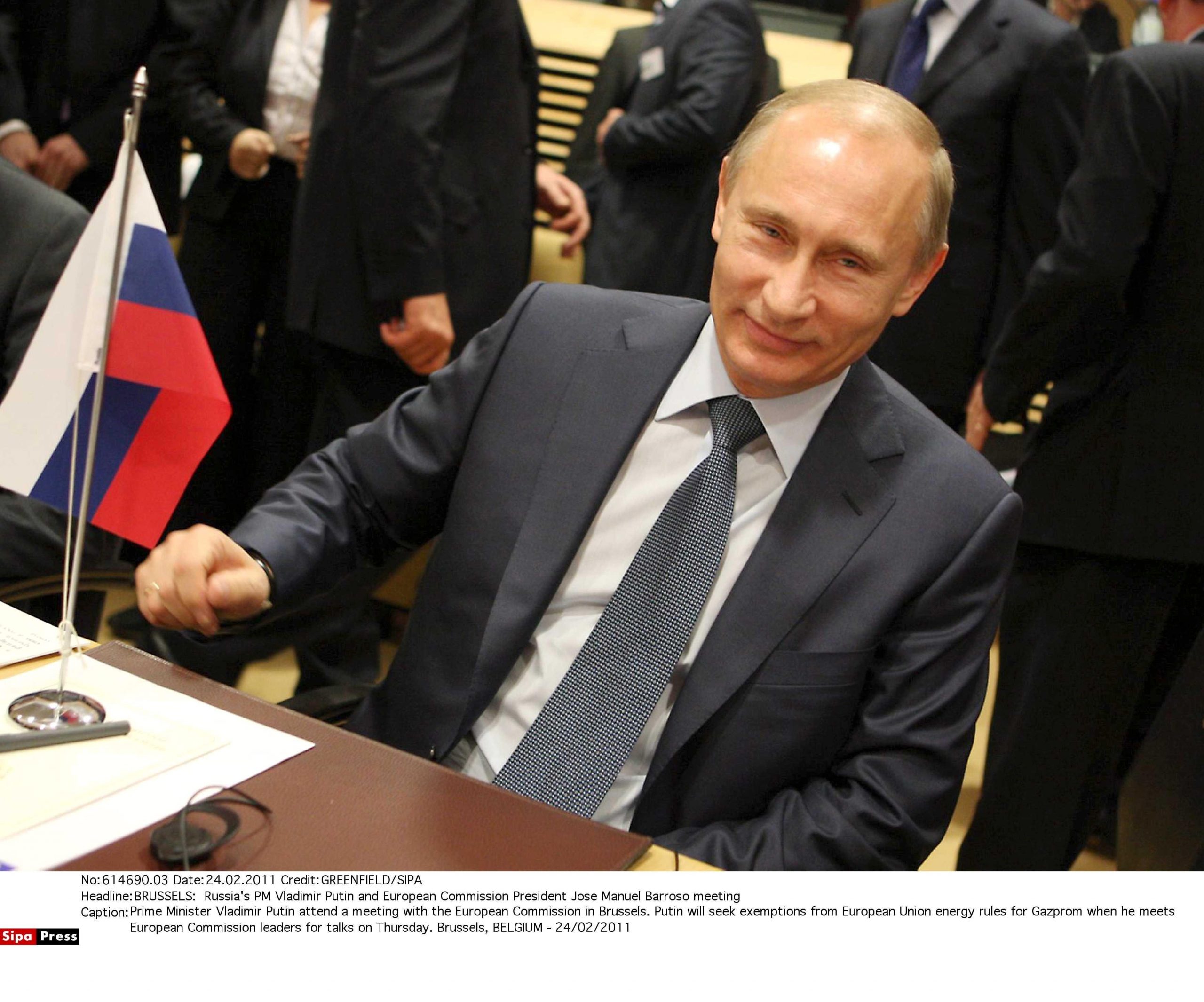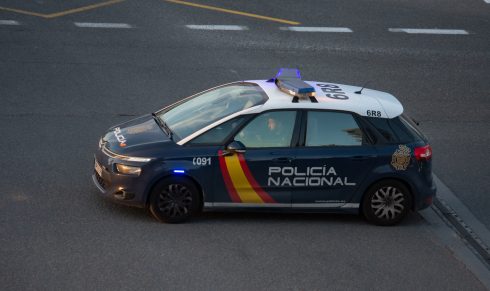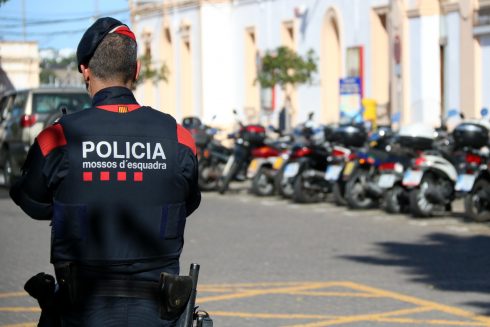SEVEN spies from Russia’s elite intelligence service wing travelled to Barcelona between 2014 and 2019 during the Catalan independence crisis, it has emerged.
At least seven agents from the Main Directorate of the High General Staff of the Russian Armed Forces (GRU), Russia’s elite military intelligence unit, made a dozen trips to Catalunya during the height of the region’s independence movement, according to a joint investigation by El Confidencial and El Periódico.
All the agents either belonged or had links to Unit 29155, a secretive wing of the GRU, formed in 2008 by the Kremlin to carry out assassinations, sabotage and other attacks against opponents of Vladimir Putin.
The existence of the group, which is accused of the Salisbury novichok poisoning in 2018, has never been acknowledged by the Russian government.
In October 2019, Spain’s national court opened up an investigation into the possible presence of GRU agents in Catalunya and their links to a movement that culminated on October 2, 2017, with a hugely divisive and unsanctioned independence referendum.

The case was closed in May 2021 due to a lack of progress.
FRESH LEADS
However, information unearthed by the new investigation indicates that a former member of Russia’s special forces, Lieutenant Colonel Maksim Rodionov, arrived in Barcelona in March 2014 with a false passport under the name of Maxim Valerievch Smirnov.
He reportedly returned to Barcelona again in July 2016 under the same alias.
According to The Insider, a Russian activist publication, Rodionov could have used this identity to blend in with human rights activists, journalists and filmmakers.
In 2014, the year of an earlier, non-binding self-determination referendum used to gauge support for independence, another agent, Anton Vladimirovich Skvortsov, arrived in Barcelona under a false identity.
Skvortsov is linked to the invasion of Ukraine as director of a company in Rostov-on-Don.

Aman Urazbayevicah Yusupov, a fellow GRU agent, landed at El Prat airport in May 2016.
A fourth agent, Denis Vyacheslavovich Sergeev, widely reported as key to the novichok attack on the Skripals in Salisbury, flew to Barcelona in May 2016, November 2016 and September 29, 2017, just two days before the Catalan independence referendum.
Investigations by Bellingcat, Civica Media and El País have also suggested that Alexey Kalinin and Mikhail Opryshko travelled to Barcelona, the latter of whom arrived during elections following the region’s unilateral declaration of independence on October 27, 2017.
The seventh agent confirmed to have entered Catalunya was Maria Vladimirovna Rusinova in December 2019 – she is reportedly linked to General Andrei Averyanov, the head of the GRU.
A CLOUD OF SUSPICION
Whilst it remains unknown why these Russian agents travelled to Barcelona, some of the arrivals coincide with key moments within the independence movement, such as Sergeev’s entry on the eve of the 2017 referendum.
Likewise, there is evidence that Russia tried to use the Catalonian independence push to provoke an institutional crisis within the European Union, although no GRU agent has yet been explicitly tied to the movement.
The GRU have been linked to the Salisbury poisoning of Russian double agent Sergei Skripal and his daughter in 2018, the explosion of a weapons depot which killed two people in Czechia in 2014, and an attempted coup d’état in Montenegro in 2016.

Some experts believe that the frequency of trips to Barcelona suggests that El Prat airport was used as a gateway to EU territory by Russian agents, or that Catalunya was used as a logistical base for clandestine operations.
It is likely that the number of Russian intelligence officials to arrive into Catalunya is much higher given that agents never travel alone.
Other individuals linked to the Kremlin have also travelled to Catalunya.
Josep Lluis Alay, chief of staff for Carles Puigdemont, the leading political figure in the independence movement, met with two Russian officials in October 2019, just three days after new protests broke out under the name ‘Tsunami Democratic’.
A separate line of investigation has been opened by a court in Barcelona, with proceedings extended for another six months on January 26 as enquiries into the links between independence leaders and Russian officials continue.
READ MORE:
- Spain’s deputy prime minister slammed for meeting with Catalan independence leader Carles Puigdemont
- Catalan premier takes advantage of political stalemate in Spain to push for independence referendum
- Catalan politician Clara Ponsati, wanted by justice system for role in independence drive, arrested on return to Spain
Click here to read more News from The Olive Press.








